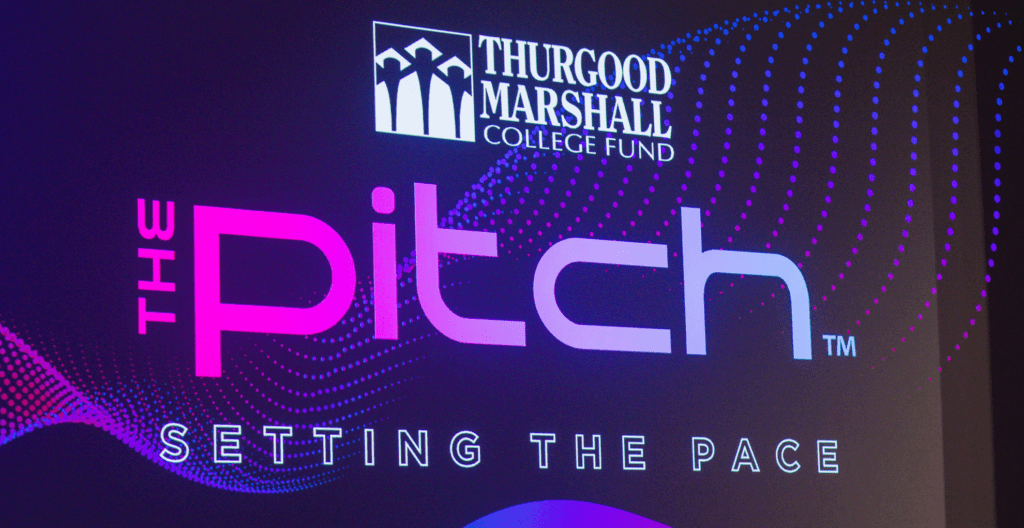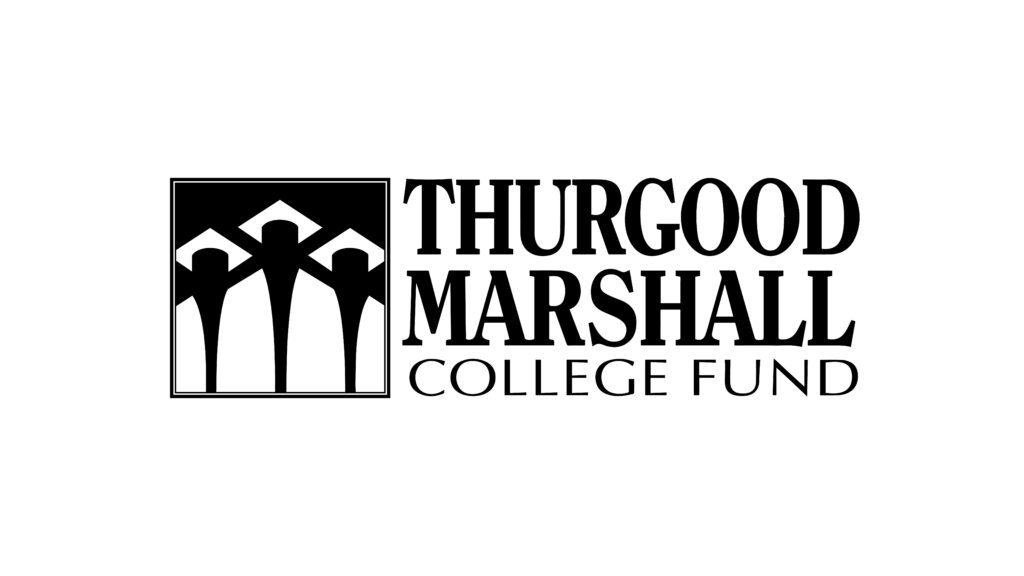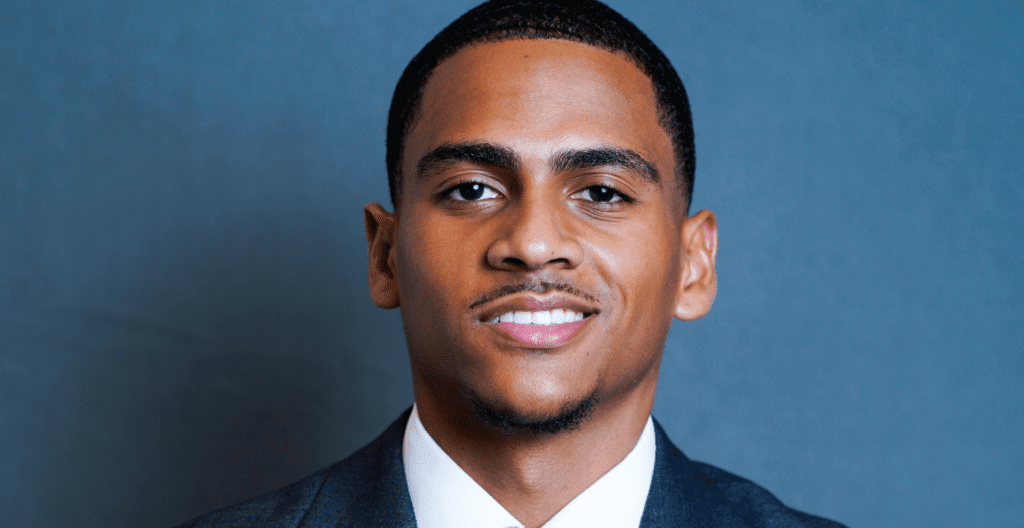- Eleven historically Black colleges in four states will receive a combined $25 million over six years from Dominion Energy, the company announced late last week.
Another $10 million will support scholarships across the company’s service area. - Recipients include Hampton University, in Virginia, Claflin University, in South Carolina, and Wilberforce University, in Ohio.
- The gift follows other recent large donations to HBCUs, and it comes amid nationwide protests for racial and social justice and as the pandemic disproportionately impacts the Black population.
Dive Insight:
How much each school will receive, and for what purpose, is still to be determined, according to a company press release.
The schools were selected based on “a range of factors” including “opportunities to make immediate impact,” a company spokesperson told Education Dive in an email Monday. The grants will focus on operating and “urgent” capital needs, the endowment and scholarships, they wrote.
HBCUs, in general, have fewer resources than predominantly white institutions (PWIs) and their students come with higher levels of need.
Endowments across HBCUs totaled $2.1 billion in 2019, while 54 PWIs held more than $2 billion in their individual coffers, according to one assessment, which also found HBCU’s median endowment value to be less than half that of an industrywide measure. The colleges’ wealth has also historically been undercut by racist lending policies and more severe sanctions from accreditors, research shows. And nearly one in four students at four-year HBCUs and predominately-Black institutions are from families in the lowest income quintile.
The pandemic is underscoring those disparities, highlighting poor access to technology and internet capacity needed to take classes online away from campus, as one example. Its health and economic impacts are also disproportionately affecting Black people.
The federal government supplied minority-serving institutions as well as select other schools that serve high shares of low-income students with a combined $1 billion in additional relief aid. Private donors and corporations have also turned out.
In June, Spelman and Morehouse colleges received $40 million each from Netflix CEO Reed Hastings and Patty Quillin, his wife. The gifts were part of a $120 million donation to support scholarships at HBCUs. UNCF, which funds scholarships for students at private HBCUs, also received $40 million.
Separately, students who graduated from Morehouse last spring had their student loan debt repaid.
LeMoyne-Owen College, a private HBCU in Tennessee, recently received a $40 million unrestricted gift — the largest in its history and one of the largest ever for an HBCU, according to UNCF.
The gifts reflect a pattern of donor interest in HBCUs that Brian Bridges, vice president of research and member engagement at UNCF, hopes continues and leads to larger gifts that help close the gap between these schools and PWIs.
“We hope this is a pattern that is not simply a moment” in response to the killings of George Floyd, Breonna Taylor and Ahmaud Arbery, he said. “We hope that this is a movement that directs more investment toward HBCUs in the long-term.”
Support is also needed to help HBCUs pivot to online instruction, Bridges said, noting that the push at the start of the pandemic to equip students with Wi-Fi hotspots and laptops is continuing at some colleges. As schools begin to revisit their reopening plans, he thinks more campuses will move to fully virtual terms or have a hybrid model that is mostly online.
Some higher ed experts say HBCUs will be lauded for moving early to let students know classes would remain all or mostly online this fall because of the crisis.
Harry Williams, president and CEO of the Thurgood Marshall College Fund, which supports public HBCUs, said the average amount of money students were requesting in support at the start of the pandemic was $700, mostly for food, housing, transportation and technology.
“That financial stress is still there on those students,” he said.
Source: Education Drive



